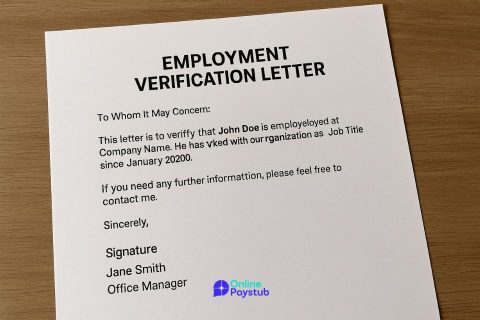Feeling frustrated with your boss is more common than you might think. Poor management practices can create toxic work environments, leading employees to feel disengaged, demotivated, and even resentful. Here are ten reasons why you might find yourself hating your boss, starting with the most common workplace issues.
1. Poor Communication Skills
When a boss fails to communicate clearly, confusion quickly spreads throughout the team. Employees may be left guessing about their responsibilities, deadlines, and expectations. A lack of regular updates, unclear instructions, and minimal feedback can make even the most motivated employee feel lost and undervalued.
Good communication is the foundation of effective leadership. Without it, misunderstandings grow, projects stall, and morale drops. If you constantly feel like you are operating in the dark, it’s no surprise you might harbor negative feelings toward your manager.
2. Lack of Respect for Employees
Respect is fundamental in any healthy working relationship. When a boss talks down to employees, ignores their opinions, or treats them as replaceable, it sends a clear message: you are not valued.
Feeling disrespected can erode trust and job satisfaction rapidly. Whether it’s through dismissive comments, unfair treatment, or lack of basic courtesy, disrespectful behavior can turn even the most enthusiastic employee into someone who dreads coming to work.
3. Constant Micromanagement
While guidance and oversight are important, constant micromanagement signals a lack of trust. If your boss is always hovering over your shoulder, second-guessing your decisions, and dictating every small move you make, it can feel suffocating.
Micromanagement stifles creativity, autonomy, and growth. It makes employees feel like their skills and judgment are not trusted, leading to frustration and, eventually, resentment.
4. Setting Unrealistic Expectations
Unrealistic expectations are a recipe for burnout. If your boss sets unattainable goals without considering workload, resources, or time constraints, it can leave you feeling overwhelmed and demoralized.
Repeatedly being asked to achieve the impossible not only damages morale but can also make employees question their own competence, even when the fault lies with poor leadership planning.
5. Failing to Recognize Hard Work
Everyone wants to feel appreciated for their contributions. When bosses fail to acknowledge effort, successes, or improvements, employees begin to feel invisible and undervalued.
A simple “thank you” or public recognition can go a long way. Without it, even the most dedicated employees can lose motivation, question their value to the team, and eventually develop negative feelings toward their leadership.
6. Playing Favorites Among Team Members
Nothing damages team morale faster than a boss who plays favorites. When certain employees receive preferential treatment — better projects, more recognition, or more flexibility — it can leave the rest of the team feeling overlooked and resentful.
Favoritism not only creates divisions within a team but also undermines trust in leadership. Employees want to feel that they are evaluated based on their work, not on personal relationships or office politics.
7. Creating a Toxic Work Environment
A toxic work environment often stems directly from poor leadership. Constant negativity, gossip, excessive pressure, or even subtle hostility can make the workplace feel unsafe and stressful.
When employees dread going to work, creativity and collaboration suffer. Over time, a toxic environment leads to higher turnover, lower productivity, and a significant drop in overall employee well-being.
8. Avoiding Responsibility for Mistakes
Good leaders take ownership of mistakes and work with their teams to find solutions. Bad bosses, however, are quick to shift blame onto employees when things go wrong.
When a manager refuses to accept responsibility, it not only damages their credibility but also creates a culture of fear. Employees become hesitant to take risks, share ideas, or admit challenges, stifling innovation and growth.
9. Lack of Transparency in Decisions
When important decisions are made behind closed doors without clear communication, it breeds mistrust. Employees are left wondering about their job security, future opportunities, or the direction of the organization.
Transparency builds trust and alignment. Without it, employees can feel disconnected from the company’s goals and disillusioned with leadership.
10. Offering No Opportunities for Growth
Employees want to grow, learn, and advance in their careers. A boss who fails to provide development opportunities — whether through training, mentoring, or new responsibilities — can quickly demotivate a talented workforce.
Without clear paths for advancement, employees may feel stuck, undervalued, and ultimately start looking elsewhere for growth opportunities. Investing in employee development is a clear sign of strong, forward-thinking leadership.




No comments to show.